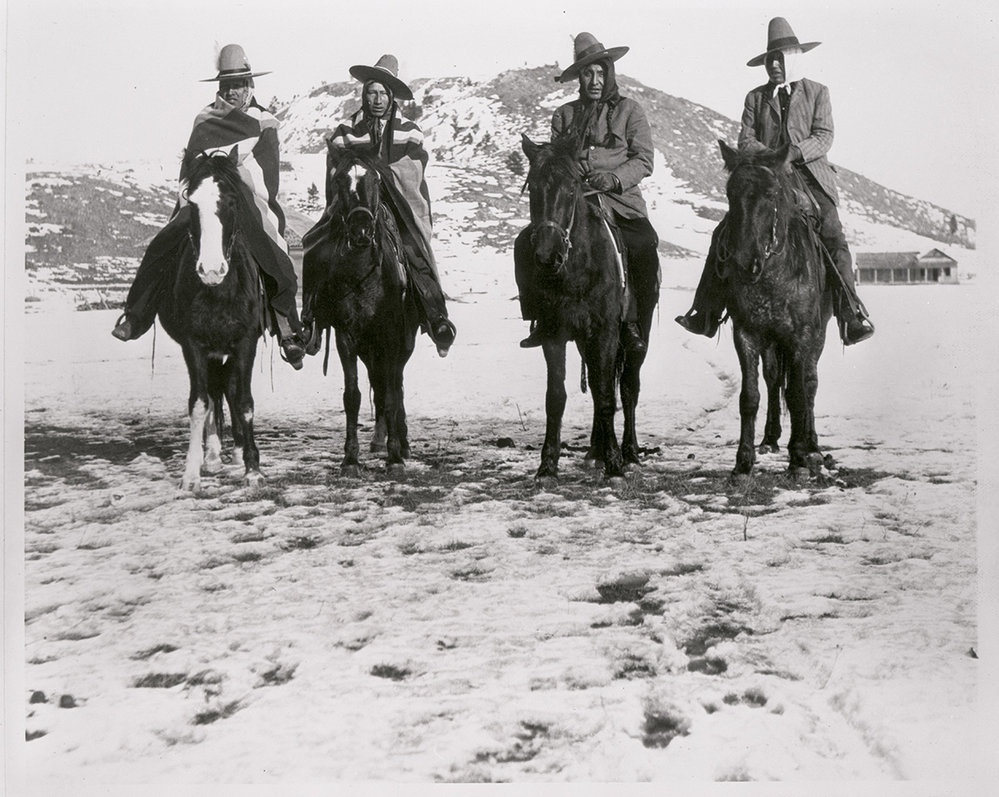Seth E. Montgomery has published “ICRA’s Exclusionary Rule” in the Boston University Law Review.
The abstract:
The Fourth Amendment does not limit the actions of the 574 federally recognized Indian tribes. In an affront to tribal sovereignty, Congress enacted the Indian Civil Rights Act (“ICRA”) in 1968. The ICRA provides limitations on tribal governments that parallel the Bill of Rights. For example, the ICRA provides that no Indian tribe shall “violate the right of the people to be secure . . . against unreasonable search and seizures.”
But the ICRA—like the Fourth Amendment—does not state what happens when police obtain evidence from an unreasonable search or seizure and prosecutors seek to introduce that evidence in a criminal trial. Federal courts have developed an exclusionary rule for evidence obtained in violation of the Fourth Amendment: subject to myriad exceptions, if police obtain evidence unconstitutionally, then that evidence may not be introduced in a criminal trial. This Note asks whether the ICRA’s search-and-seizure provision incorporates such an exclusionary rule.
This Note advances an interpretation of the ICRA based on the statute’s 1968 meaning: the ICRA’s text compels an exclusionary rule, conditioned on deterring tribal police misconduct, but not subject to the myriad exceptions that apply in the Fourth Amendment context. And, with important qualifications, this Note explains why a court applying this interpretation should turn to tribal law. A deterrence-based exclusionary rule requires courts to consider whether exclusion deters police misconduct, how to measure the benefits of deterrence against the harms of excluding probative evidence, and how much deterrence is necessary for exclusion. Comity, self-determination, and federalism all compel deference to tribal law in answering these questions. Thus, tribal law can and should guide the application of the ICRA’s search-and-seizure provision in a criminal prosecution.
This Note contributes to the legal and academic landscape in three ways. First, it adds to an ever-growing body of literature advocating for federal and state deference to tribal law. Second, this Note fills a gap in the literature by addressing a remedy that the ICRA does not expressly provide—namely, exclusion. Most academics and courts describe federal habeas review as the ICRA’s only available remedy outside of tribal courts. Finally, this Note provides a roadmap for litigants arguing for or against a suppression motion based on an ICRA violation. Only a limited number of reported cases address whether the ICRA incorporates an exclusionary rule, and even fewer provide a full analysis. This Note thus answers an open question in a way that harmonizes constitutional criminal procedure with deference to tribal legal precedent.

